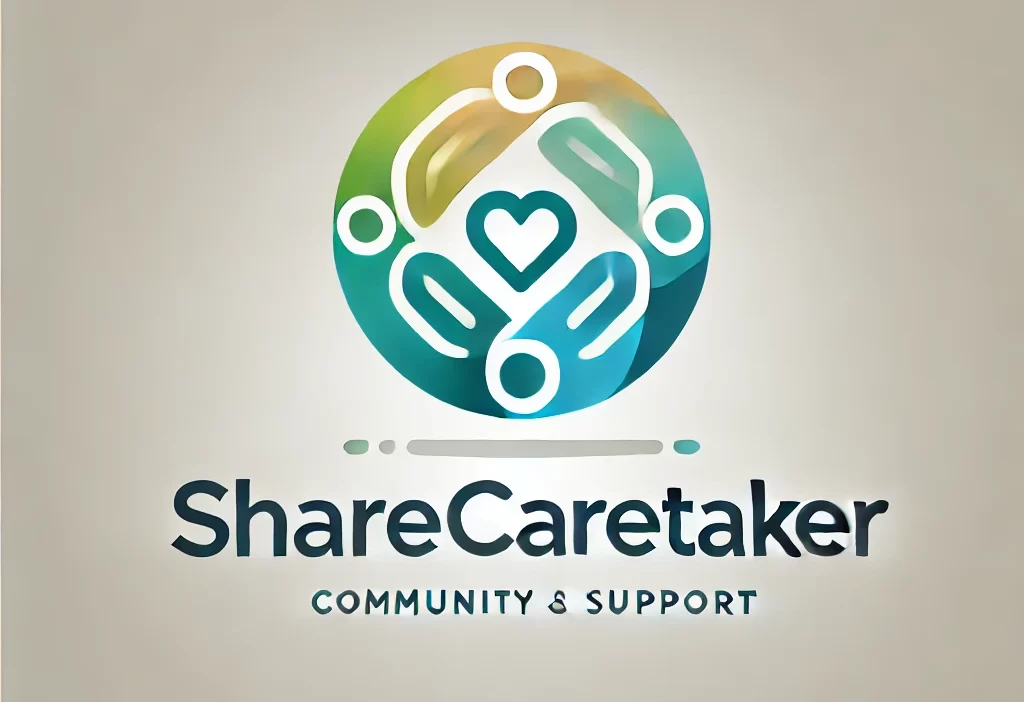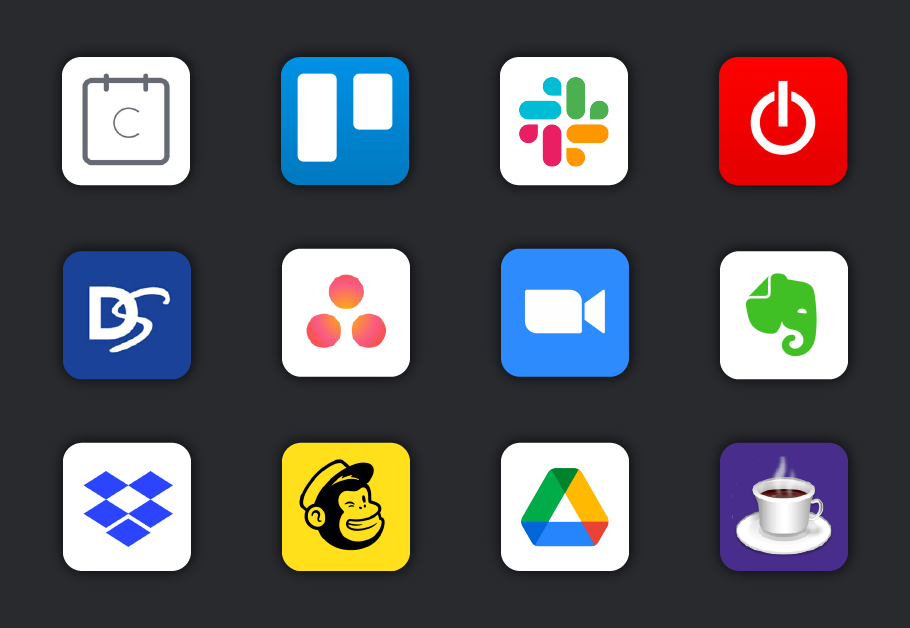Selecting the right software for your small business is essential for optimizing operations, improving productivity, and staying competitive. With a variety of options available, making the right choice can be overwhelming. From accounting and project management to customer relationship management (CRM) systems, each tool has unique features tailored to specific business needs.
Assess Your Business Needs
The first step in selecting the right software is assessing your business’s unique requirements. Identify the challenges your company faces and what you hope to achieve with the software. For instance, do you need help with managing your finances, organizing projects, streamlining customer communication, or improving employee collaboration? Each business has different priorities, so understanding what your core needs are will help narrow down your software options. Investing in a 3000 loan could be helpful
Take the time to involve key stakeholders in this decision-making process, such as department heads or employees who will be using the software. By understanding their daily challenges and workflows, you can find a solution that meets everyone’s needs. Once you have a clear picture of what you require, you can start searching for software that offers the tools and features that address those specific pain points.
Evaluate Ease of Use and Integration
When choosing software for your small business, ease of use is critical. The software you select should be intuitive and user-friendly to ensure that employees can adopt it quickly without extensive training. Complicated software can lead to frustration and reduced productivity, so be sure to select a solution that is easy to navigate, even for non-technical users.
Additionally, consider how well the software integrates with the tools you already use. For example, if your team is already using certain accounting, CRM, or email marketing platforms, you’ll want software that seamlessly connects with these systems. The ability to integrate existing tools not only saves time but also ensures that your business operations remain cohesive. Before committing to a software solution, verify that it offers integration capabilities with the other tools and platforms you rely on to avoid disruption to your workflow.
Prioritize Scalability and Flexibility
As your small business grows, so will your software needs. The right software should be able to scale with your business and accommodate future growth without the need for frequent upgrades or replacements. Scalability ensures that you can add more users, manage larger workloads, or incorporate additional features as your business expands.
Flexibility is another important factor to consider. Some software solutions allow for customization to fit your specific business processes, while others offer rigid structures. Depending on the complexity of your operations, you may want to prioritize software that allows for modifications and adjustments as your business evolves. Choose a solution that not only meets your current needs but can also adapt to future changes in your business environment.
Understand Pricing and Budget Constraints
Pricing is a crucial consideration when choosing software, especially for small businesses operating on a tight budget. Software solutions vary widely in cost, from one-time purchases to monthly subscription models. It’s important to evaluate the long-term cost of the software, including any additional fees for upgrades, customer support, or added features. Free or lower-cost options may be available, but they might lack essential features or have limitations that could hinder your business’s growth.
When budgeting for software, factor in both the initial investment and ongoing costs. In some cases, businesses may need financial assistance, such as a loan, to cover the upfront costs of purchasing or subscribing to the software that best fits their needs. However, always weigh the long-term value of the investment against the potential return in efficiency, productivity, and revenue growth. Carefully consider your budget and select a solution that offers the best balance between cost and functionality.
Research Support and Security Features
Support and security are often overlooked aspects of software selection but are vital to the long-term success of your small business. Reliable customer support ensures that any issues with the software can be resolved quickly, minimizing downtime and productivity loss. Before choosing a software solution, review the level of support offered—whether it’s through online documentation, chat, email, or phone support—and ensure it aligns with your business’s needs.
In today’s digital landscape, security is a major concern for any business handling sensitive information. The software you choose should provide strong data encryption, regular updates, and secure login protocols to protect your business from data breaches and cyberattacks. Additionally, compliance with industry regulations, such as GDPR or HIPAA, may be necessary depending on your industry. Make sure that the software provider has a solid track record of maintaining security and protecting user data.
Choosing the right software for your small business is a decision that requires careful thought and planning. By assessing your business’s needs, evaluating ease of use and integration, considering scalability and flexibility, understanding pricing, and researching support and security features, you can select a software solution that enhances productivity and drives growth.
Remember, the software you choose should not only address your immediate needs but also position your business for future success. Investing in the right tools can streamline operations, improve efficiency, and give your small business the competitive edge it needs in today’s fast-paced market.

